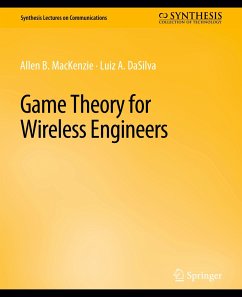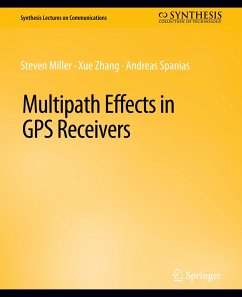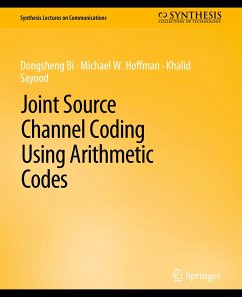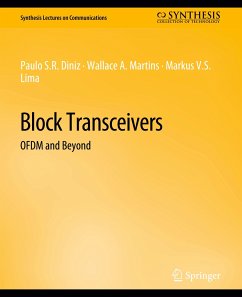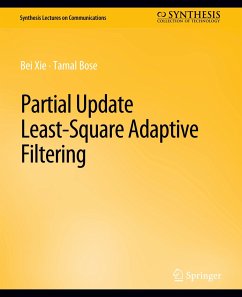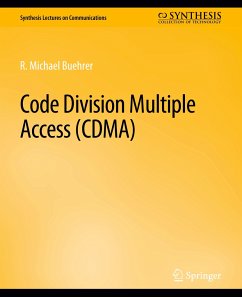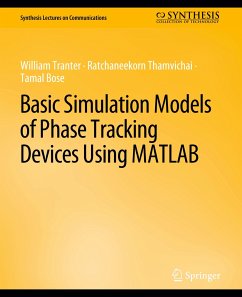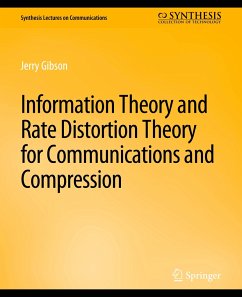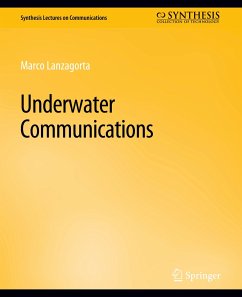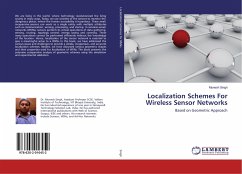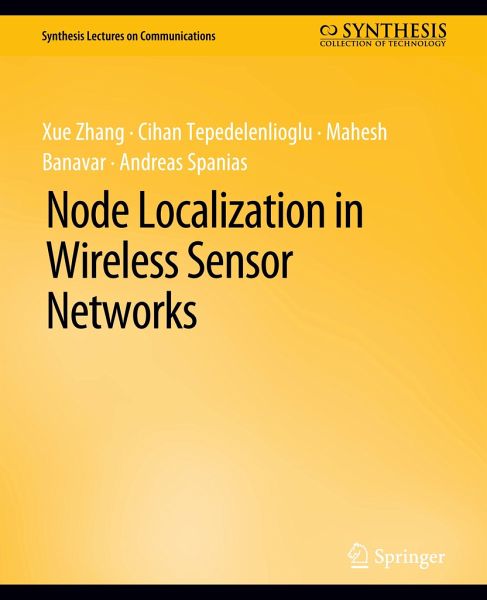
Node Localization in Wireless Sensor Networks

PAYBACK Punkte
0 °P sammeln!
In sensor network applications, measured data are often meaningful only when the location is accurately known. In this booklet, we study research problems associated with node localization in wireless sensor networks. We describe sensor network localization problems in terms of a detection and estimation framework and we emphasize specifically a cooperative process where sensors with known locations are used to localize nodes at unknown locations. In this class of problems, even if the location of a node is known, the wireless links and transmission modalities between two nodes may be unknown....
In sensor network applications, measured data are often meaningful only when the location is accurately known. In this booklet, we study research problems associated with node localization in wireless sensor networks. We describe sensor network localization problems in terms of a detection and estimation framework and we emphasize specifically a cooperative process where sensors with known locations are used to localize nodes at unknown locations. In this class of problems, even if the location of a node is known, the wireless links and transmission modalities between two nodes may be unknown. In this case, sensor nodes are used to detect the location and estimate pertinent data transmission activities between nodes. In addition to the broader problem of sensor localization, this booklet studies also specific localization measurements such as time of arrival (TOA), received signal strength (RSS), and direction of arrival (DOA). The sequential localization algorithm, which uses a subsetof sensor nodes to estimate nearby sensor nodes' locations is discussed in detail. Extensive bibliography is given for those readers who want to delve further into specific topics.



